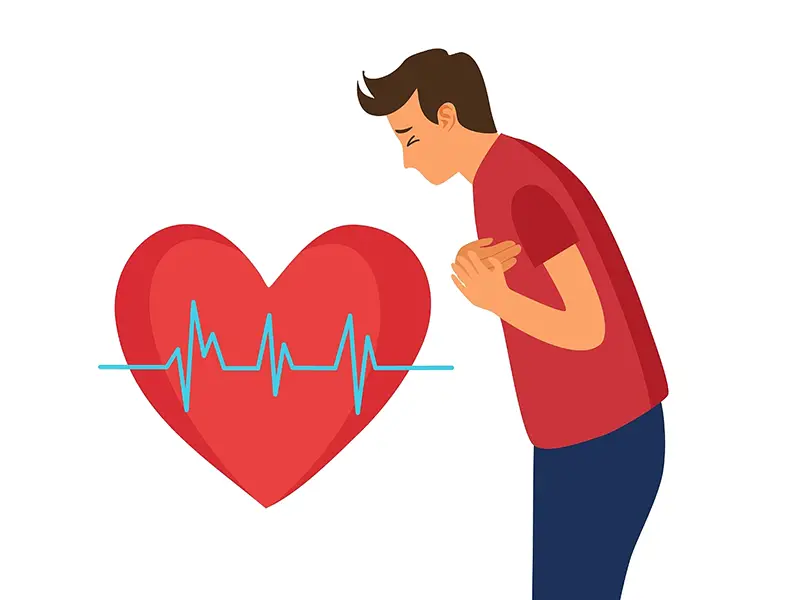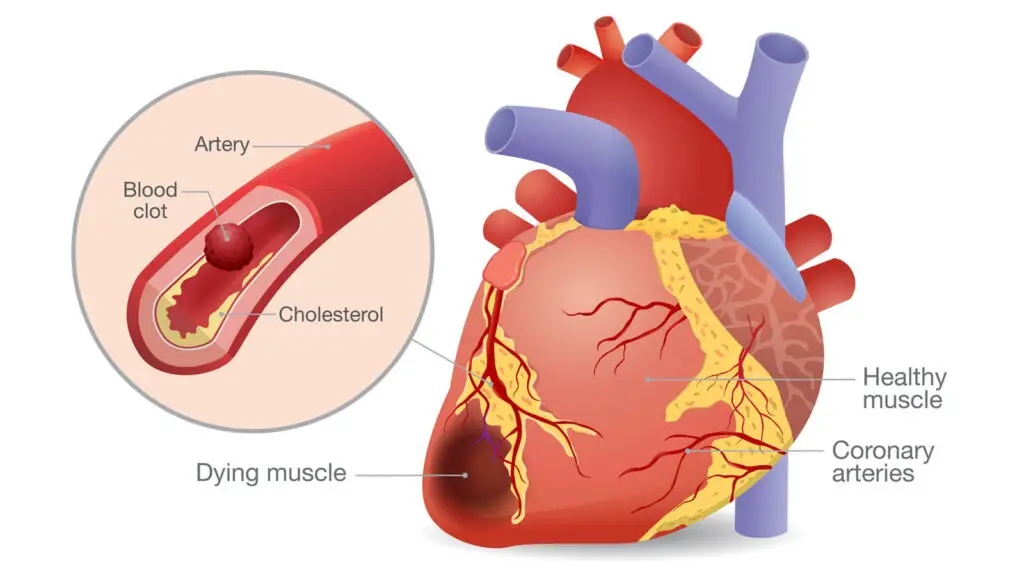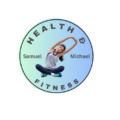Heart Attack Prevention: Simple Steps to Protect Your Heart
Heart attack prevention. Although heart attacks are a major global cause of death, there is good news: many of them are preventable. You can drastically lower your risk by changing a few things about your lifestyle and keeping an eye on your health. This blog will walk you through easy, doable measures that will help you live a better, heart-healthier life.

Understanding Heart Attacks
When a portion of the heart’s blood supply is cut off for an extended period of time, the affected heart muscle may sustain damage or even die. This is known as a heart attack. The accumulation of plaque, which is composed of fat, cholesterol, and other materials, is typically what causes the obstruction. A blood clot that obstructs blood flow might occur when the plaque shatters.
Heart Attack Prevention

Why Prevention is Important
Heart attacks can cause serious health issues, including death, therefore, preventing them is essential. Your quality of life may be impacted, and your heart may sustain long-term damage even if you survive a heart attack. You can live a longer, healthier, and more active life by taking precautions against heart attacks.
Heart Attack Prevention

Steps to Prevent Heart Attacks
-
Eat a Healthy Diet
A balanced diet is one of the best ways to keep your heart healthy. Focus on eating:
- Fruits and Vegetables: Aim for at least five servings a day.
- Whole Grains: Choose whole grain bread, pasta, and cereals.
- Lean Proteins: Include fish, chicken, beans, and legumes.
- Healthy Fats: Use olive oil, nuts, and avocados, and limit saturated and trans fats.
Avoid processed foods, sugary drinks, and too much salt. These can increase your risk of heart disease.
Heart Attack Prevention
2. Exercise Regularly
Engaging in physical activity enhances circulation and fortifies the heart. Try to get in at least 150 minutes a week of either 75 minutes of strenuous exercise, like running, or 150 minutes of moderate-intensity exercise, like brisk walking. Simple hobbies like dancing or gardening might have positive effects. Engaging in physical activity enhances circulation and fortifies the heart. Try to get in at least 150 minutes a week of either 75 minutes of strenuous exercise, like running, or 150 minutes of moderate-intensity exercise, like brisk walking. Simple hobbies like dancing or gardening might have positive effects.
Heart Attack Prevention

3. Maintain a Healthy Weight
Your risk of heart disease is increased if you are overweight. Even a tiny weight loss can help reduce your risk if you are overweight. Prioritize maintaining a nutritious diet and engaging in regular exercise.
Heart Attack Prevention
4. Quit Smoking
One of the main risk factors for heart disease is smoking. The best thing you can do for your heart is to stop smoking. You can find various services, such as support groups and medication, to assist you with quitting.
Heart Attack Prevention

5. Limit Alcohol Intake
Excessive alcohol consumption can cause blood pressure to rise and heart disease risk to increase. If you consume alcohol, do so sparingly. This translates to a maximum of one drink for women and a maximum of two for men every day.
Heart Attack Prevention

6. Manage Stress
Heart disease may be exacerbated by ongoing stress. Look for healthy ways to reduce stress, such working out, spending time with family and friends, meditating or practicing mindfulness, and getting adequate sleep.
Heart Attack Prevention
7. Get Regular Health Screenings
Regular check-ups with your doctor can help you keep track of your heart health. Important screenings include:
- Blood Pressure: High blood pressure often has no symptoms but is a major risk factor for heart disease.
- Cholesterol Levels: High cholesterol levels can lead to plaque buildup in your arteries.
- Blood Sugar Levels: High blood sugar can be a sign of diabetes, which increases your risk of heart disease.
- Heart Attack Prevention
Signs of a Heart Attack
Knowing the signs of a heart attack can save your life. Common symptoms include:
- Chest pain or discomfort
- Pain or discomfort in the jaw, neck, back, arms, or shoulders
- Shortness of breath
- Feeling lightheaded, nauseous, or breaking out in a cold sweat
If you or someone else is experiencing these symptoms, call emergency services immediately. Quick treatment can save lives and limit damage to the heart.
Heart Attack Prevention
The Role of Medications
In some cases, your doctor may prescribe medications to help lower your risk of a heart attack. These may include:
- Statins: To lower cholesterol levels
- Blood Pressure Medications: To keep your blood pressure under control
- Aspirin: To reduce the risk of blood clots
Always take medications as prescribed and discuss any concerns with your doctor.
Heart Attack Prevention
Heart-Healthy Habits for Life
Preventing heart attacks isn’t just about making a few changes for a short time. It’s about adopting heart-healthy habits that you can maintain for the rest of your life. Here are some tips to help you stay on track:
- Make Gradual Changes: Don’t try to change everything at once. Start with small, manageable steps and gradually build on them.
- Set Realistic Goals: Set achievable goals that fit into your lifestyle.
- Get support: Share your goals with family and friends. Having a support system can help keep you motivated.
- Keep Learning: Stay informed about heart health by reading, attending seminars, or talking to healthcare professionals.
- Celebrate Success: Celebrate your progress, no matter how small. Every positive change is a step towards a healthier heart. Heart Attack Prevention
Conclusion
You can take steps to avoid heart attacks. You may greatly lower your risk by leading a healthy lifestyle, remaining informed, and collaborating with your medical team. Never forget that you may always start making heart-healthy decisions now. Your heart will be appreciative!
Heart Attack Prevention
